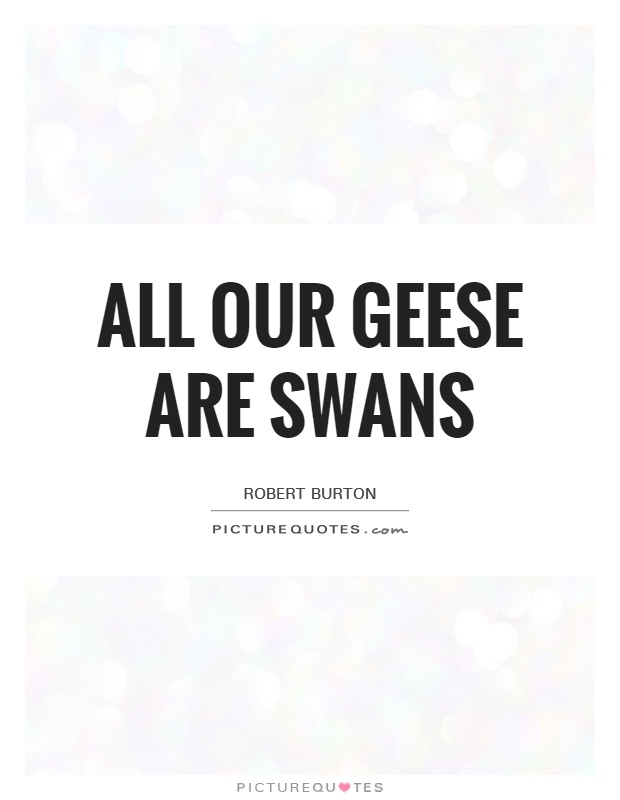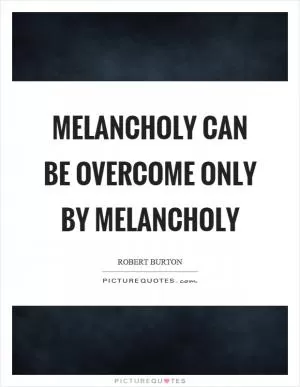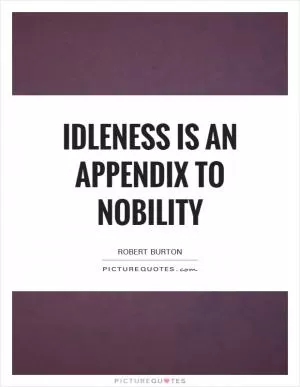All our geese are swans

All our geese are swans
Robert Burton was an English scholar and writer best known for his work "The Anatomy of Melancholy," a sprawling and encyclopedic exploration of the causes, symptoms, and cures of melancholy. In this work, Burton delves into the complexities of human emotion and psychology, drawing on a wide range of sources and disciplines to create a comprehensive and insightful analysis of the human condition.One of the most famous quotes from "The Anatomy of Melancholy" is the phrase "All our geese are swans." This seemingly simple statement carries a profound and thought-provoking message about the nature of perception and reality. In the context of Burton's work, this phrase can be interpreted as a commentary on the ways in which we perceive and interpret the world around us.
Burton suggests that we have a tendency to see things in a more positive light than they actually are, to elevate the mundane and ordinary to a higher status. In other words, we have a tendency to see geese as swans, to see the ordinary as extraordinary. This can be seen as a form of cognitive bias, where we filter our perceptions through a lens of optimism and idealism, rather than seeing things as they truly are.
This idea of seeing geese as swans can also be interpreted as a metaphor for the human tendency to idealize and romanticize reality. We have a natural inclination to see things in a more positive light, to focus on the beauty and wonder of the world around us, rather than dwelling on the negative or mundane aspects of life. This can be a powerful coping mechanism, allowing us to find joy and meaning in even the most difficult and challenging circumstances.
Overall, the phrase "All our geese are swans" encapsulates the essence of Burton's work, highlighting the complexities of human perception and the ways in which we construct our own realities. It serves as a reminder to approach the world with a sense of wonder and appreciation, to see the beauty and magic in even the most ordinary of things.












 Friendship Quotes
Friendship Quotes Love Quotes
Love Quotes Life Quotes
Life Quotes Funny Quotes
Funny Quotes Motivational Quotes
Motivational Quotes Inspirational Quotes
Inspirational Quotes